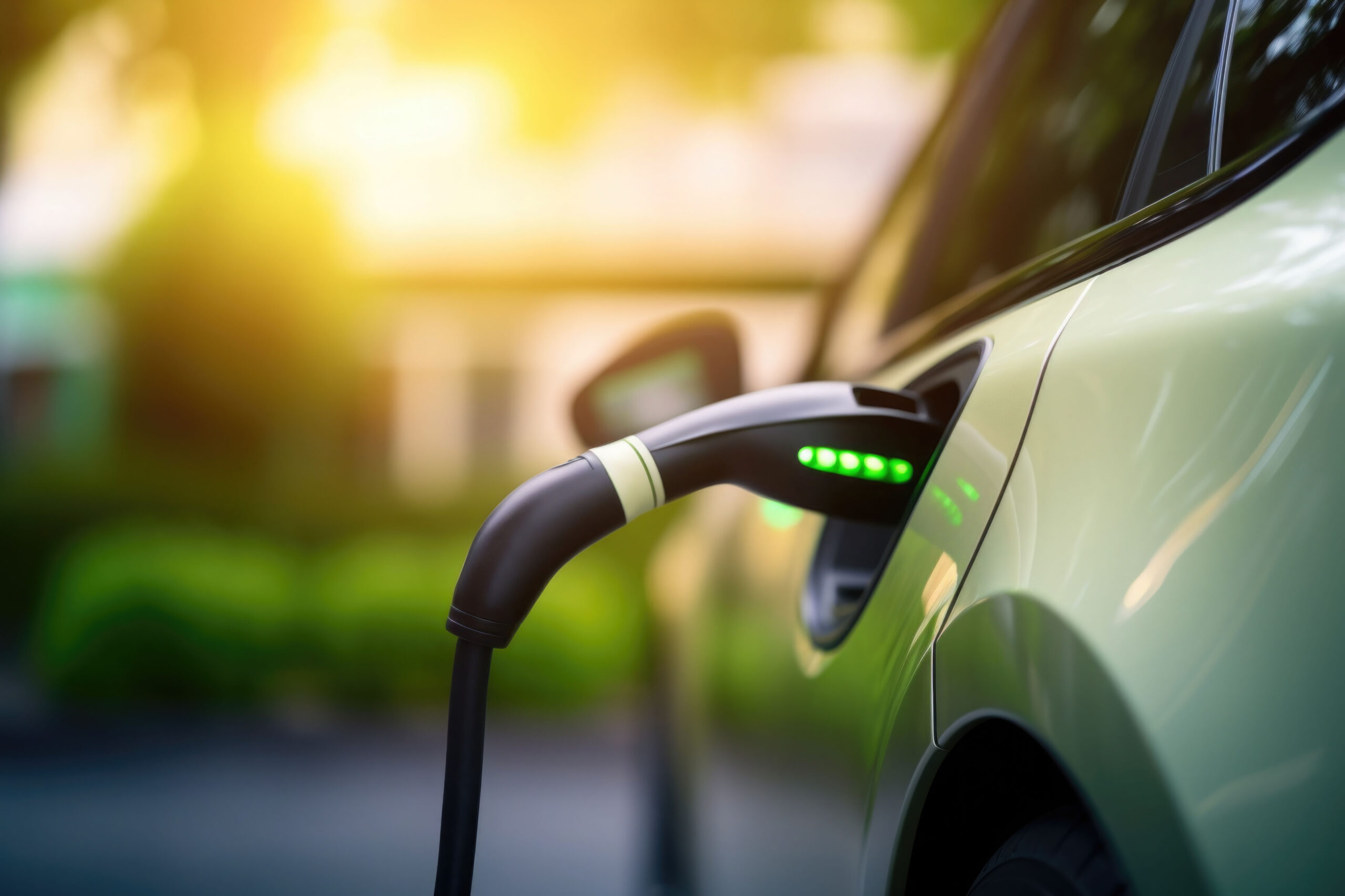
Driving innovation for sustainable energy supply
The coronavirus pandemic revealed that many countries’ dependence on fossil fuels had increased their exposure to the economic shock of the global crisis. Renewable energy technologies have not been completely immune to the global crisis either with a disruption to supply chains stalling projects and increased pressure on the public and private wallet likely to decrease investment. But their decentralized model makes them more resilient to global downturns and they also offer a tremendous opportunity for job creation.
Until now however, the response from governments to calls to place renewable energy at the centre of their COVID-19 recovery plans, in order to ‘build back better’, has been slower than anticipated. Fortunately, this has not stopped some forward-thinking companies in the private sector from blazing ahead in driving innovation in renewable energy technologies and improving efficiencies in energy supply.
In May this year, one of the world’s leading suppliers of wind energy solutions announced its plans to unveil the prototype of its new sea-based wind turbine[1], which is able to generate up to 15MW of energy, enough to power 18,000 European homes, making it the world’s most powerful wind turbine when it becomes commercially available in 2024.
This is just one of several innovations that have been hitting the headlines over the course of 2020. Like wind power, solar energy and battery storage are seen as the most prominent clean energy success stories of recent years, with technological advances in wind and solar routinely driving down the cost of electricity to below that of electricity from fossil-fuels, and cheaper and more reliable batteries with greater storage capacity driving up the sales of electric vehicles and improving the potential of grid-scale electricity storage.
One such innovative German company is harnessing the combined power of wind, solar and tidal energy with the creation of what might be considered the ultimate renewable energy solution, the world’s first floating hybrid energy platform[2]. Currently, being trialled off the coast of Heraklion on the Greek island of Crete, the platform which consists of tidal energy converters and solar panels upon which wind turbines have been installed, has the potential to allow regions in harsh maritime environments to access affordable clean energy.
Looking to electric vehicles (EVs), in a report from 2019[3] the International Renewable Energy Agency highlighted the important role that innovations in EV technology play in building a sustainable and resilient energy future, noting that “electric vehicles hold the key to unleash synergies between clean transport and low-carbon electricity”. The report talks about smart charging but also the important advances in EV battery storage which it says “can help to integrate high shares of solar and wind power into existing grids, as battery storage capacity helps to even out the variability of these sources.”
One leading EV manufacturer is making great strides in EV battery storage with its soon-to-be-unveiled dry electrode lithium ion battery, which it says is able to store a lot more energy than traditional lithium ion batteries with a life of 1.6 million km[4]. The dry electrode technology used for the battery promises to increase a cell’s energy density to more than 300Wh/kg, which is expected to further increase to 500Wh/kg in the future[5]. The company has also been successful in reducing its reliance on cobalt in batteries to under 5%[6], significantly reducing the costs of its cars, making them more accessible to a wider pool of consumers.
On the other side of the EV spectrum, an Israeli start-up has envisioned a future in which self-driving vehicles recharge whilst in operation thanks to the electrification of roads[7], reducing the need for high density batteries. The company is trialling its technology by replacing large sections of motorway in both Israel and Sweden.
Whichever one of these technologies takes off, what is certain is that innovation is needed to drive competition in the energy sector to build a better, more sustainable as well as more resilient means of supplying energy to meet growing energy demand today and in the future.
[1] https://www.industrie-techno.com/article/avec-son-eolienne-offshore-de-14-mw-siemens-gamesa-veut-detroner-l-haliade-x-de-general-electric.60546
[2] https://www.ulyces.co/news/cette-centrale-electrique-flottante-puise-lenergie-des-vagues-du-soleil-et-du-vent-a-la-fois/
[3] https://www.irena.org/publications/2019/May/Innovation-Outlook-Smart-Charging
[4] https://thedriven.io/2020/05/15/tesla-battery-day-update-flags-launch-of-million-mile-battery-in-china-first/
[5] https://thedriven.io/2020/02/26/new-tesla-battery-a-combination-of-dry-cell-and-supercapacitor/
[6] https://insideevs.com/news/436618/panasonic-boost-energy-density-batteries-tesla/
[7] https://www.frandroid.com/produits-android/automobile/voitures-electriques/717557_les-routes-qui-rechargent-votre-voiture-electrique-une-technologie-qui-progresse-a-son-allure

